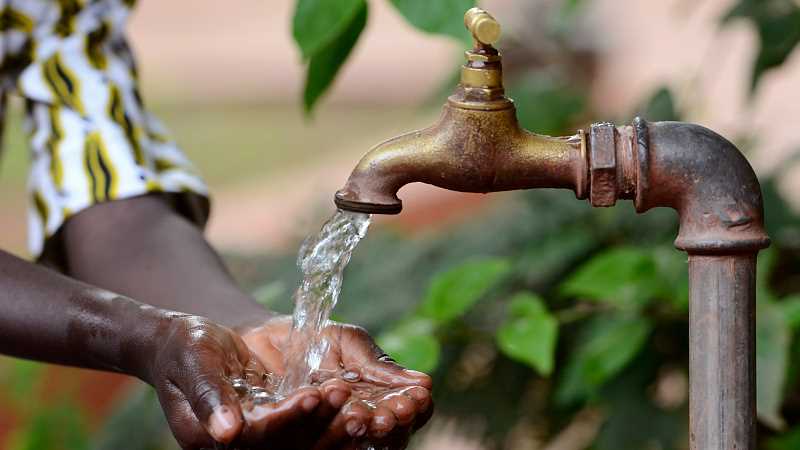
Zim Now writer
The African Water Investment Summit 2025 has kicked off in Cape Town, bringing together African heads of state, G20 representatives, international investors, ministers, private sector leaders, and development agencies. The summit, co-hosted by the African Union and the South African government, aims to bridge the estimated annual funding gap of $30 billion required to provide safe water and adequate sanitation across Africa.
The three-day summit will feature high-level panels, project investor matchmaking sessions, and the adoption of a Water Investment Declaration. The declaration is intended to elevate the issue of water investment on both continental and global development agendas ahead of the 2026 UN Water Conference.
Related Stories
The African Water Investment Summit 2025 is a critical step towards addressing Africa's pressing water challenges. The continent faces significant water-related challenges, including limited access to safe drinking water and adequate sanitation. The summit's outcomes are expected to have a lasting impact on the lives of millions of people.
South African President Cyril Ramaphosa is among the attendees, highlighting the importance of the summit. The African Union's Continental Water Investment Programme, approved in 2021, provides the framework for the summit. The program seeks to expand access to drinking water and develop sustainable sanitation systems.
The summit provides a platform for partnerships and collaborations between governments, private sector leaders, and development agencies. It aims to mobilize capital for climate-resilient water projects and accelerate efforts to provide safe water and adequate sanitation across Africa.
The African Water Investment Summit 2025 is a call to action for African leaders, international investors, and development agencies to work together to address Africa's water challenges. The summit's outcomes will be critical in shaping the future of water investment in Africa and ensuring that the continent's water needs are met.










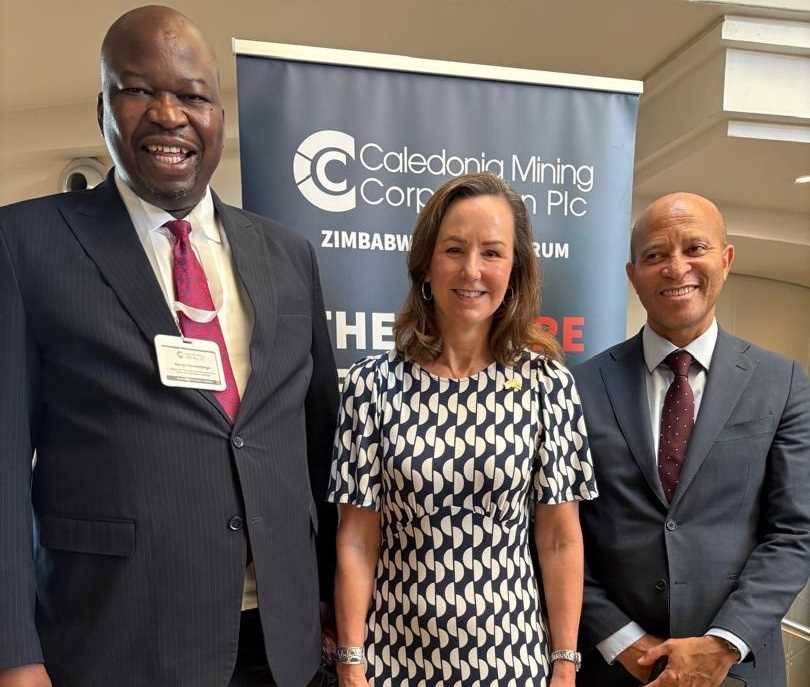
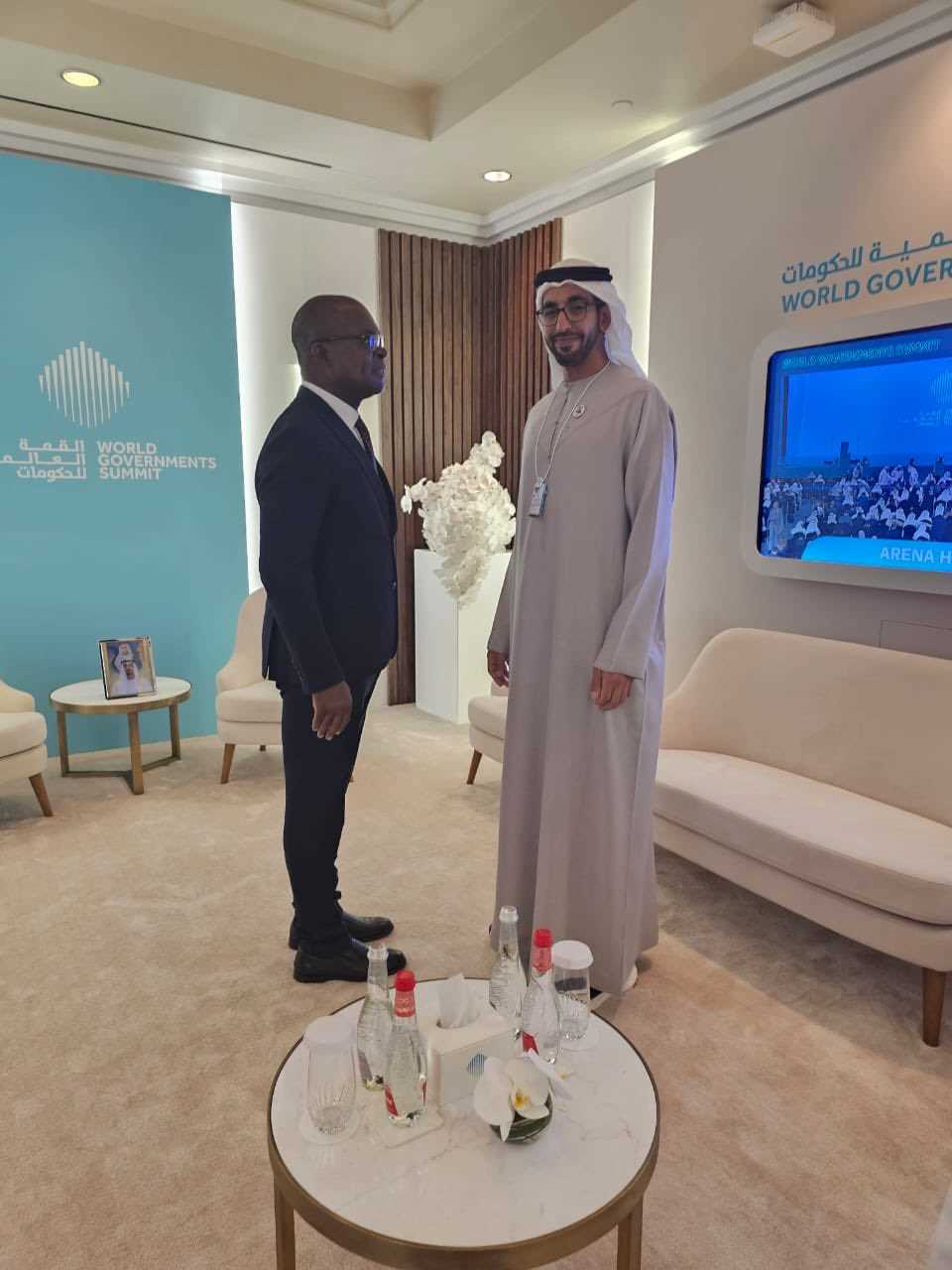
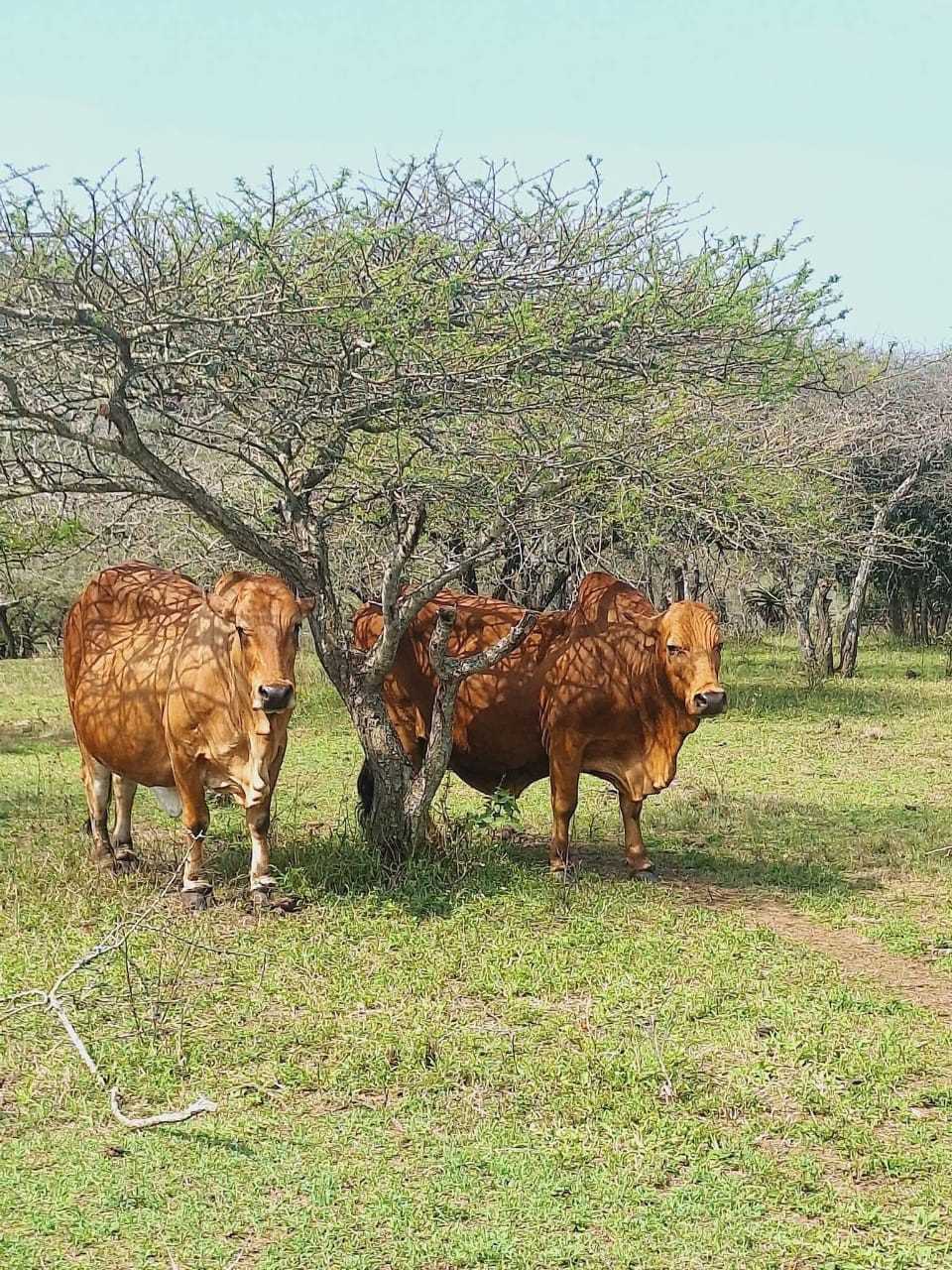


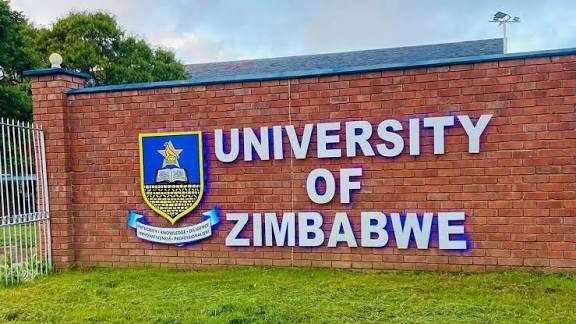




Leave Comments